Clemson University’s 9/11 Memorial Stair Climb has become a powerful way for students and community members to reflect on the tragedy of Sept. 11, 2001. The event asks participants to climb the steps inside Memorial Stadium as a symbolic act of remembrance — in the hopes of connecting them to the sacrifice and resilience that defined that day.
The idea for the stair climb came from Timothy M. Conrad, warrior advocate with Upstate Warrior Solution. Conrad recalled that the inspiration struck during a casual conversation on campus.
“I was talking with a few students and casually asked how old they were,” Conrad told The Tiger in an interview. “For many of them, 9/11 is something they have only read about in textbooks or seen briefly in documentaries. I wanted to create something that would help them connect to the weight of that day in a more personal and physical way.”
Conrad brought the idea to Emily DaBruzzi, Clemson’s director of military and veteran engagement. Together, they collaborated to transform the vision into an event. Support and resources from Clemson’s M&VE team and the nonprofit UWS helped the stair climb take shape. From the beginning, Conrad said, it was a partnership.
“The event really came together through collaboration,” he continued. “It combined my initial concept with their experience, resources, and support.”
Unlike many memorial events held across the country, Clemson’s climb was not inspired by existing stair climbs or similar traditions. Conrad said he wanted the event to use a staircase to provide a direct connection to what first responders and civilians endured inside the World Trade Center on 9/11.
“Climbing those stairs is a way to honor the grit, the bravery, and the sheer effort it took to respond to the chaos of that day,” Conrad said. “I wanted participants to feel a small part of that experience and not just observe it from a distance.”
While the message has always centered on the phrase “Remember 9/11 with the spirit of 9/12,” each year has brought new elements to deepen the meaning. This year, participants experienced video footage and recorded phone messages from 2001, which Conrad described as a powerful addition that gave students and community members a closer connection to the history.
One tradition that has carried on since the first stair climb is the inclusion of guest speakers with a personal link to 9/11. Conrad said these stories are an essential part of the experience.
“From the beginning, we have made it a priority to include personal stories that bring the events of 9/11 to life in a deeply human way,” he said. “Each year, we invite a guest speaker who has a direct or personal connection.”
Retired Major General Hank Morrow shared his story at the first stair climb in 2022. At the time of the attacks, he served as commander of the 149th Fighter Wing in San Antonio and as a captain for American Airlines. Morrow spoke about how both roles shaped his view of the aftermath and the emotional toll of the day, especially since American Airlines lost 17 crew members in the attacks.
Morrow also told the story of Charles “Chic” Burlingame, a fellow pilot and Naval Academy graduate who was flying the plane that was hijacked and crashed into the Pentagon.
“It was a powerful reminder of the many layers of service and sacrifice that day,” Conrad said. “It left a lasting impact on everyone present.”
Each year, participants sing “God Bless America” to close out the event, mirroring the moment when members of Congress gathered on the steps of the Capitol to sing together on the evening of Sept. 11, 2001. Conrad said that this remains a unifying and reflective way to end the climb.
While many commemorations tie remembrance to fundraising, Clemson’s stair climb has always been free to attend. Conrad said the purpose is not financial but reflective.
“The stair climb is really about remembrance and community,” he told The Tiger. “We want to remember not only the lives lost that day, but also those we have lost since, especially the men and women in uniform who were inspired to serve in the military because of what happened.”
Conrad also noted that for Clemson, the memory of 9/11 is not abstract. Some Gold Star children — those who have lost a parent to service in the United States military — attend the University, and the event acknowledges how the attacks continue to affect families today.
“We want people to understand that the ripple effects of that day are still present in our community,” Conrad said. “The climb gives us a space to come together, reflect, and honor all those impacted, in big ways and small.”
For Conrad, the stair climb remains a way to preserve memory and promote unity. What began as a simple idea while walking across campus has grown into a tradition that connects generations to both loss and resilience. Each year, hundreds of steps are climbed in Memorial Stadium, but for many, the real journey is one of reflection.



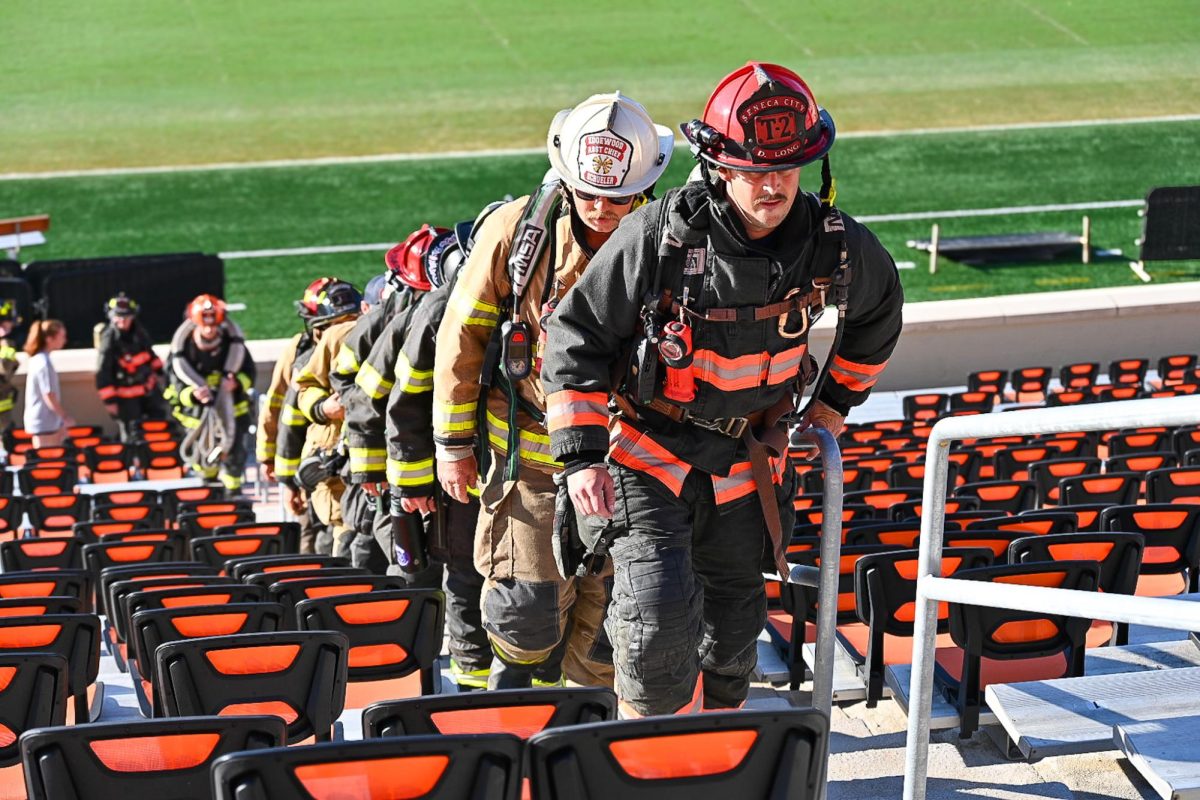
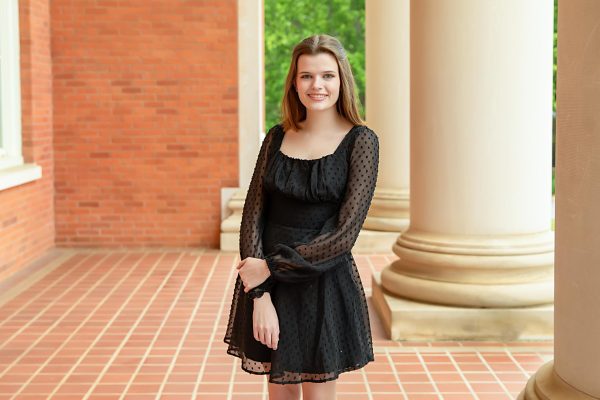
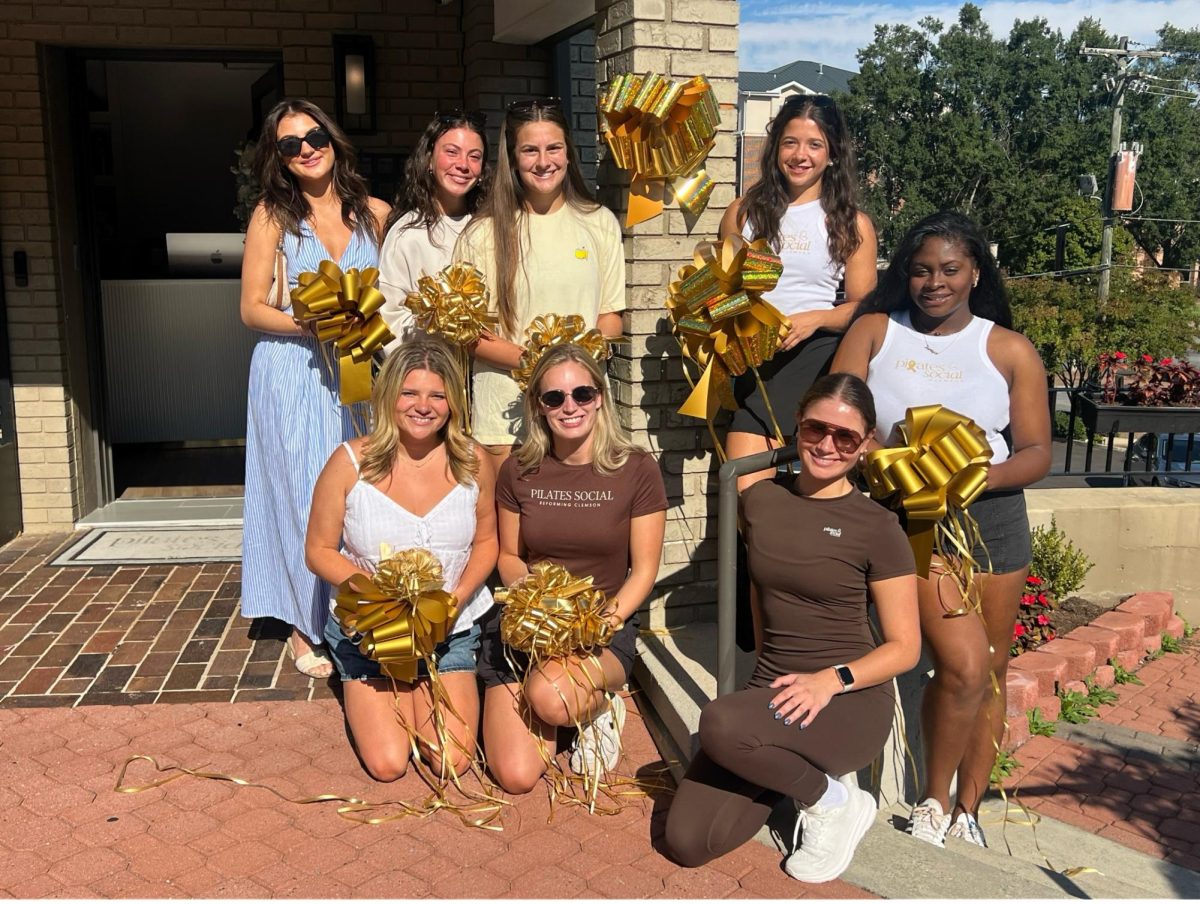
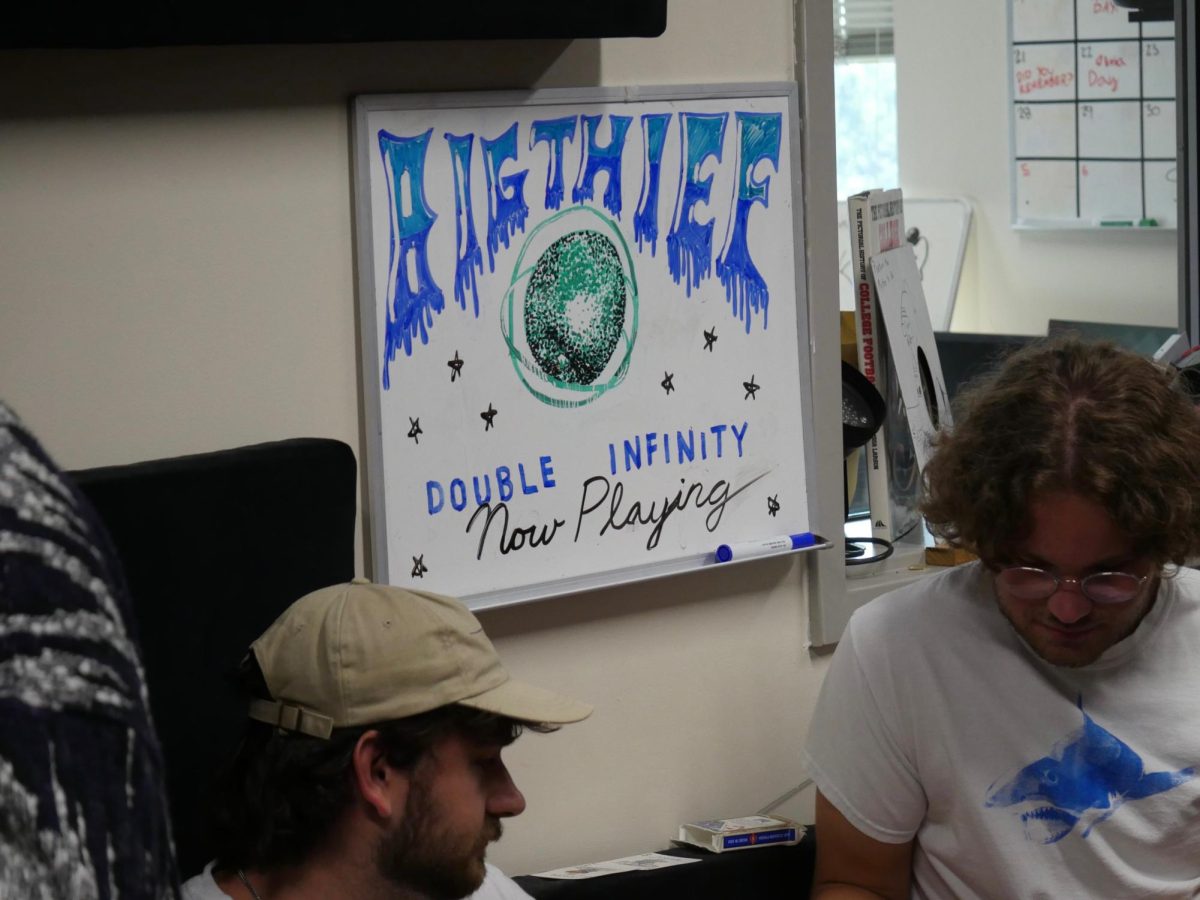


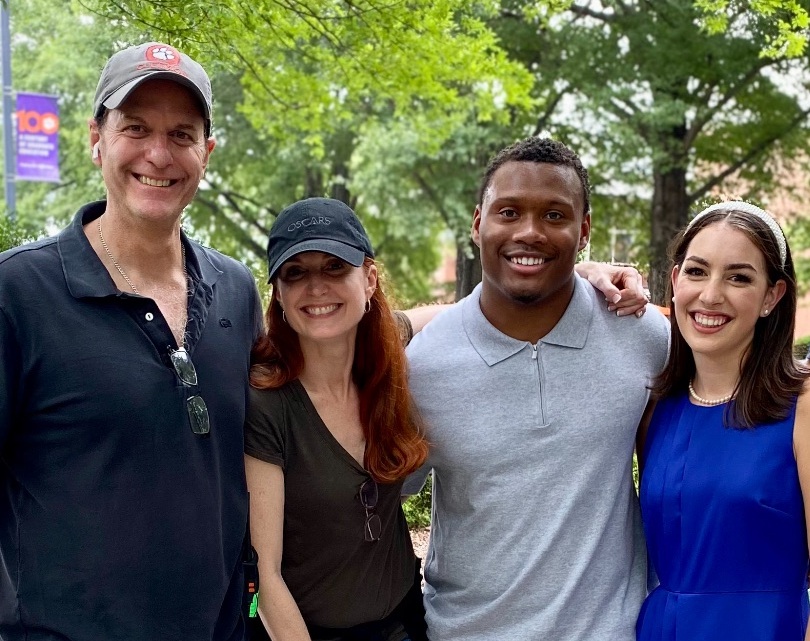
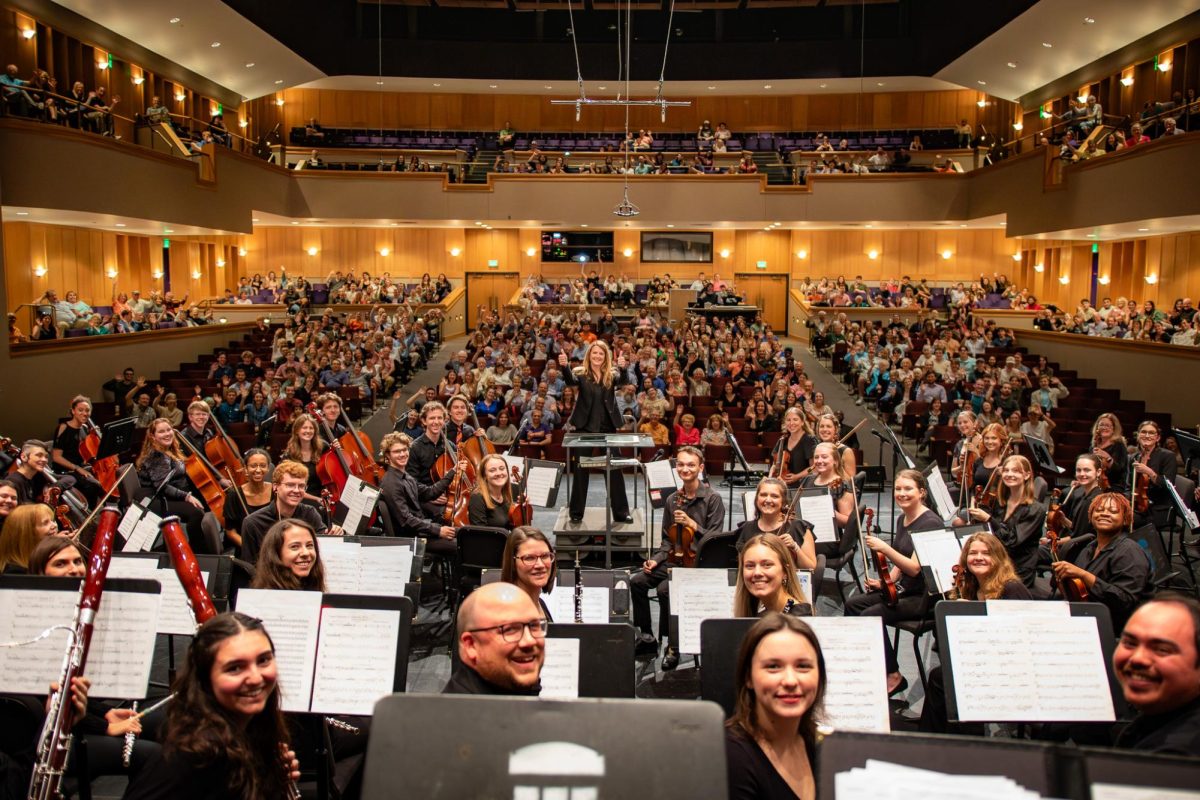

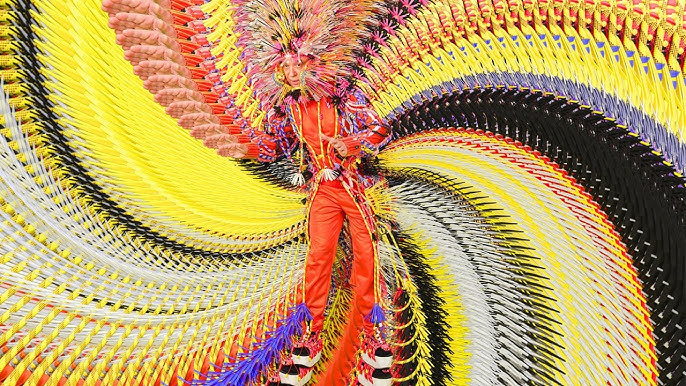
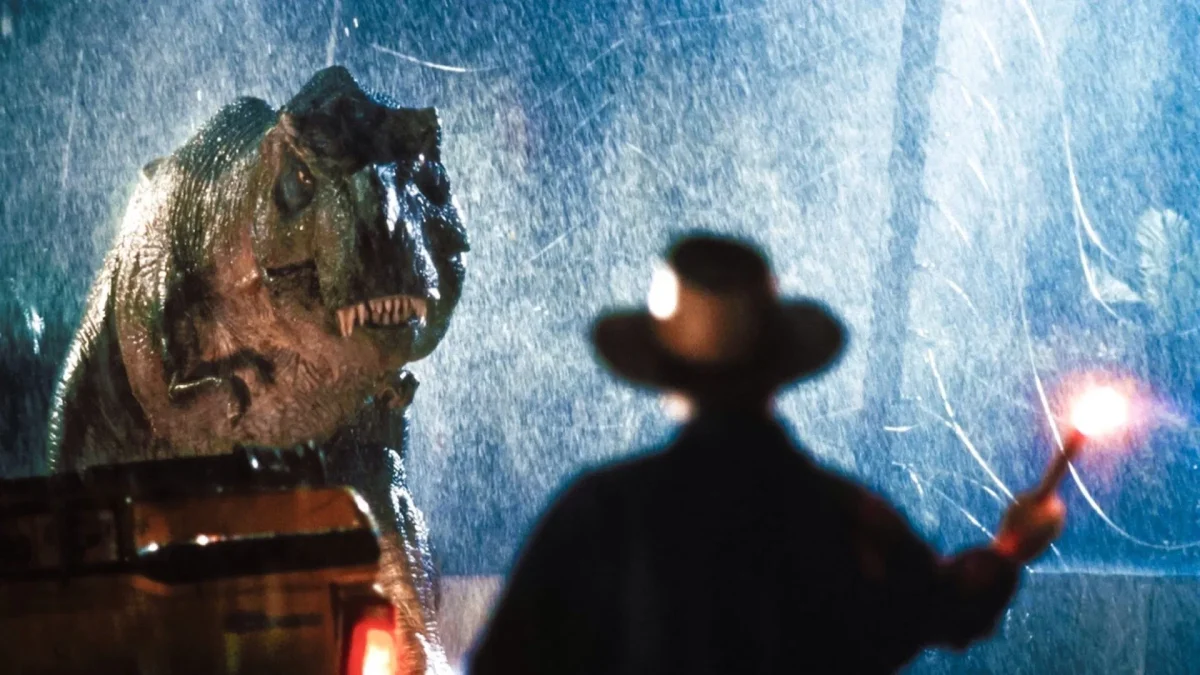
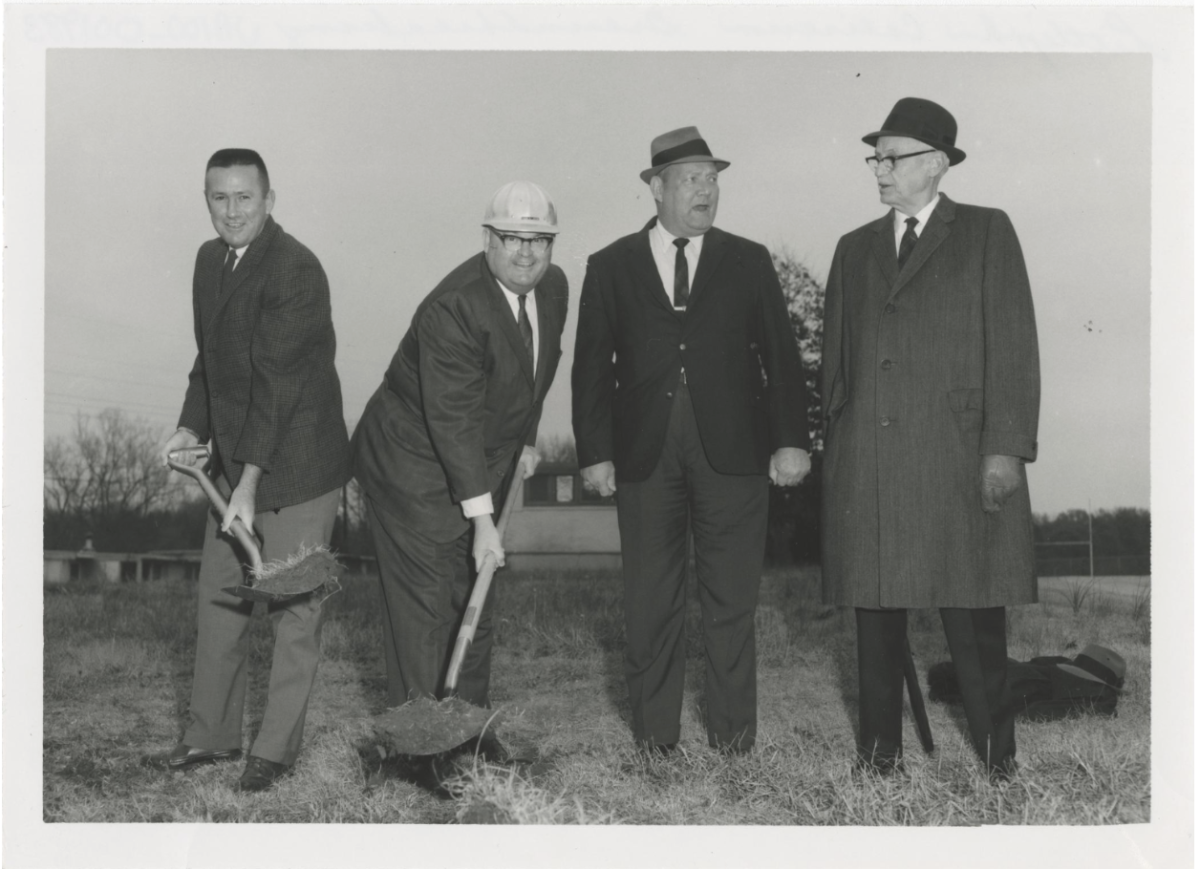



Tim Conrad • Sep 18, 2025 at 11:02 am
Thank you to all that attended. I’m hoping to get 2500 participants at next event because it will be the 25th anniversary of that tragic day,